What Is a No Due Certificate and Why Is It Important?
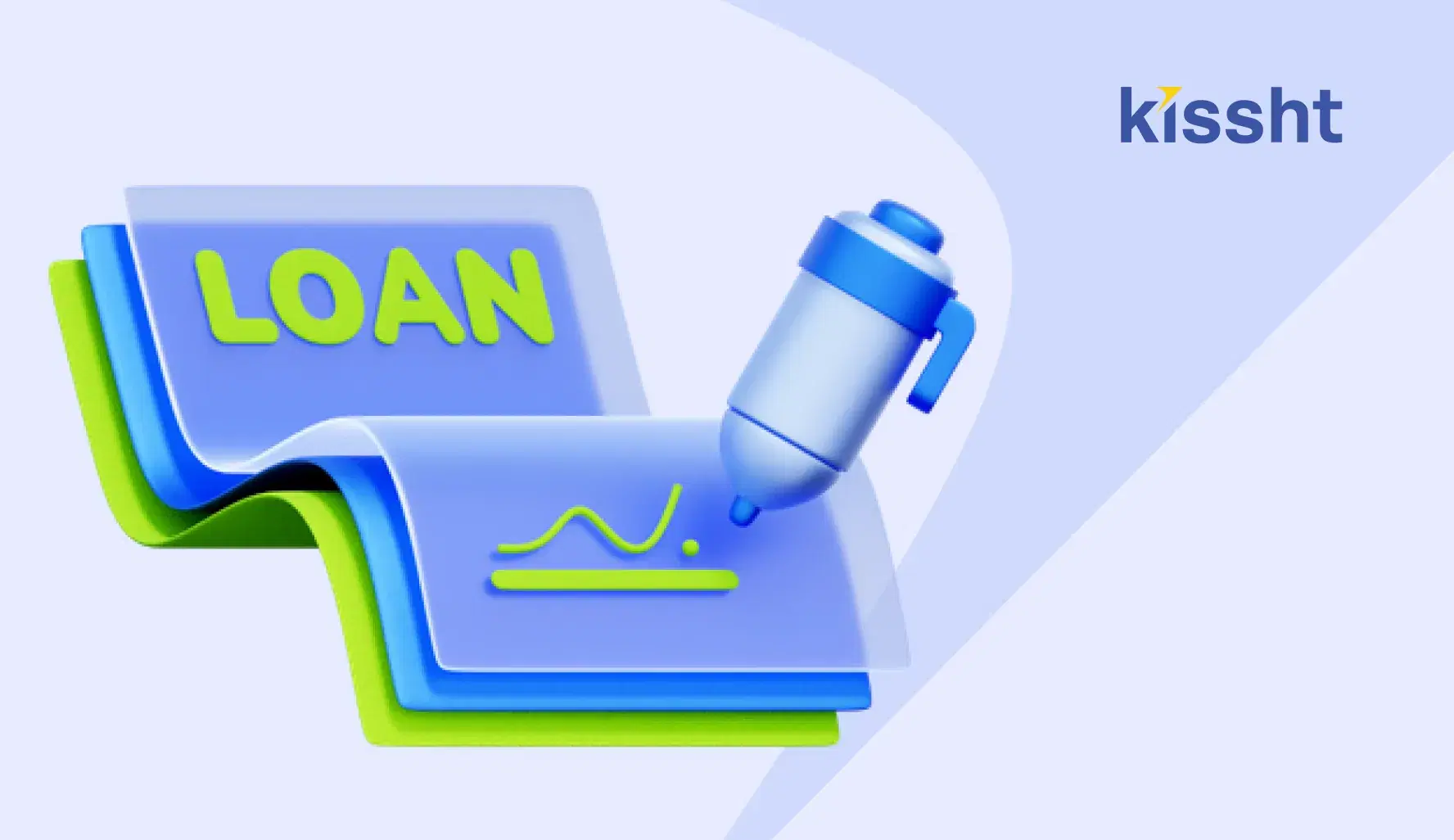
Borrowing is not uncommon in today's time. From applying through an instant loan app for quick funds to exploring long-term credit facilities, loans allow individuals to manage unexpected expenses, plan large purchases, or consolidate debt. Once the loan is closed then the No Due Certificate is issued. For borrowers, this document is proof of financial closure.
Understanding the No Due Certificate
To grasp the no due certificate meaning, one should see it as the lender’s official statement declaring that the borrower has repaid the loan in full. It is evidence that no outstanding principal or interest remains. When a borrower receives the certificate, it eliminates the possibility of future claims on that account. In practical terms, the no due certificate for loan signifies freedom from that particular financial obligation.
Institutions may issue this certificate once the last instalment is received. In some cases, the borrower needs to place a formal request with the lender. Without this paper, records can remain incomplete, and discrepancies may surface later.
Why It Matters
Borrowers sometimes underestimate the importance of this document, assuming the closure message or a payment receipt is enough. However, lenders maintain internal ledgers, credit bureaus update files, and financial histories carry forward. A no dues form ensures all three align. Without it, future credit evaluations might reflect incomplete settlements, harming the applicant’s reputation.
Banks, non-banking financial companies, and digital lenders like Kissht often highlight how failing to secure this document has blocked loan applications, stalled property sales, and delayed balance transfers. In credit systems where history influences approvals, one missing certificate can derail financial plans.
Link to Loan Eligibility
Future borrowing is influenced by how well past loans were managed. When a customer applies for instant loan online options or approaches what is considered the best loan provider, the eligibility check extends beyond repayment habits. It includes confirmation of closure. Without official proof, the borrower may appear as if obligations are still pending.
The no due certificate meaning becomes clear here: it is not simply acknowledgement but an assurance to other lenders that the borrower’s slate is clean. Whether one aims for another personal loan, a home loan, or even a credit card, lenders rely on this record to validate eligibility.
The Formal Document
Borrowers occasionally confuse a closure email or SMS with the final proof of repayment. The correct document follows a standard no due certificate format. It usually contains:
• The borrower’s name and account number
• Loan details such as type, amount, and tenure
• Confirmation that the outstanding balance stands at zero
• The lender’s stamp and signature
For corporate clients, a no dues form might extend beyond loans to include utilities, rentals, or employee settlements. Regardless of the context, the principle remains identical: acknowledgement of financial closure.
Consequences of Ignoring It
Without a no due certificate for loan, borrowers expose themselves to several risks. Files may reflect unsettled balances even when payments were complete. Automated credit bureau systems may report arrears. Disputes with lenders could resurface years later, particularly during property registration or new credit applications.
Digital lending platforms such as Kissht emphasise this step during loan counselling. Their customer support teams often guide users to request and secure certificates to avoid long-term difficulties. The process protects borrowers from unnecessary stress and safeguards their ability to borrow again smoothly.
Growing Relevance in the Digital Age
With rising use of instant loan app services, the number of loan accounts an individual handles within a decade can be considerable. Salaried professionals, small business owners, and even students tap into short-term loans for varied needs. Every closure demands a certificate. The more loans one takes, the higher the risk of missing out on documentation.
Fintech players like Kissht are integrating reminders and digital certificate downloads into their platforms. Customers receive both convenience and assurance. Traditional banks have also moved towards e-certificates that can be saved for life, removing dependence on fragile paper copies.
Choosing the Right Lender
The importance of the certificate also shines light on lender credibility. Borrowers often seek the best loan provider not only for attractive interest rates but also for transparent post-closure processes. A responsible lender delivers the certificate proactively, eliminating follow-up struggles.
This is where Kissht and other digital lenders have built trust—by combining speed of disbursal with reliability of closure. The promise of smooth documentation has become as critical as competitive interest rates.
To sum up, the certificate may look like a simple statement, yet its impact on creditworthiness is undeniable. It protects borrowers from errors, ensures accurate records, and builds a healthy financial profile. From securing future loans to transferring property without disputes, its utility spans across milestones in personal finance.
The no due certificate meaning therefore is not limited to repayment acknowledgement. It is the safeguard that ensures the borrower’s financial reputation remains intact. Anyone who has cleared a loan—whether through a conventional bank, a digital player like Kissht, or an instant loan online service—should make securing this document a non-negotiable final step.
FAQs
-
What is the no due certificate meaning in banking?
It is the official document issued by a lender confirming that the borrower has paid off the loan entirely. The no due certificate for loan ensures there is no outstanding balance or pending liability.
-
Why do I need a no due certificate after repaying my loan?
Without this certificate, lenders or credit bureaus may still mark your loan account as active. The document safeguards your financial records and protects your eligibility for future loans.
-
Is a no dues form the same as a no due certificate?
Yes, the terms are often used interchangeably. A no dues form may also be used in workplaces, rentals, or utilities, but in the case of loans, it serves as proof of closure.

Instant Loans at Your Fingertips
Personal Loan
Fast, hassle-free loan for your personal needs.

Business Loan
Fuel your business growth with quick approvals.

Loan Against Property
Unlock your property’s value with ease.

Credit Pulse
Boost your credit score with smart insights.

Track your credit score
Simply enter your mobile number to get a quick overview of your credit score.
Check Now
Related articles
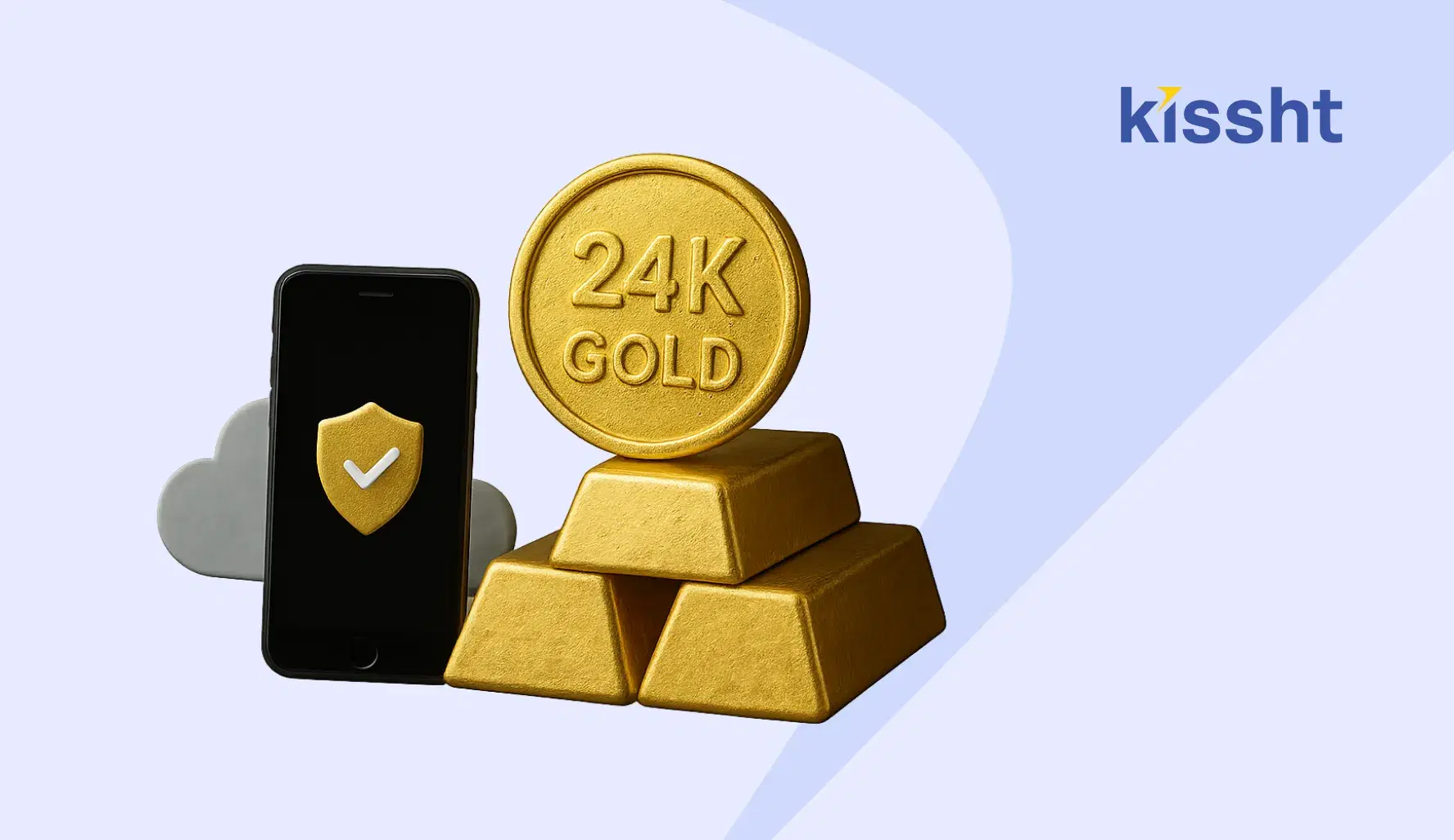
Oct 20, 2025
What is Digital Gold and Why Should You Invest in It?
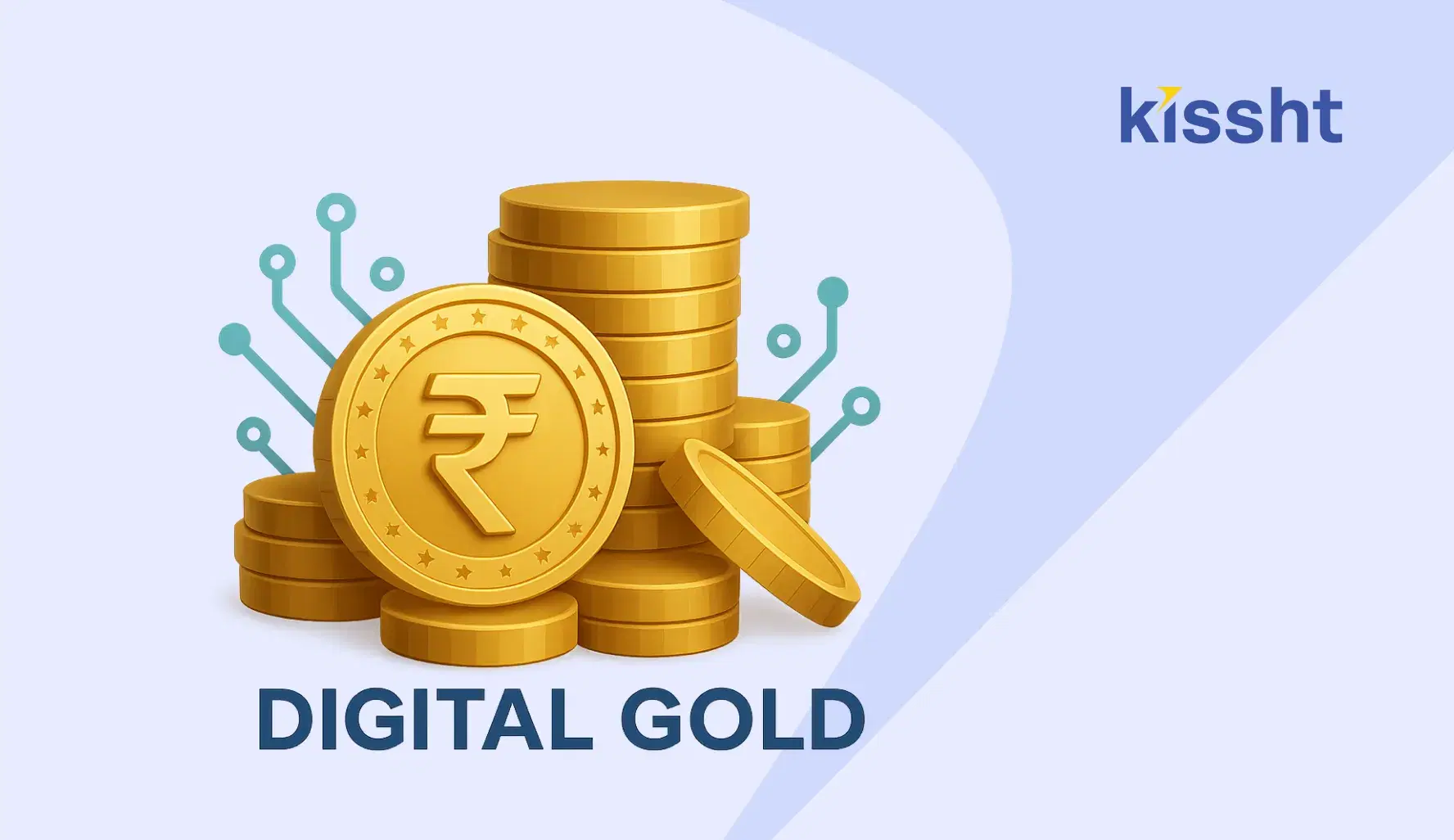
Oct 20, 2025
Digital Gold vs Physical Gold: Which Is Better for You?

Oct 19, 2025
PM Awas Yojana Urban 2.0: Everything You Need to Know
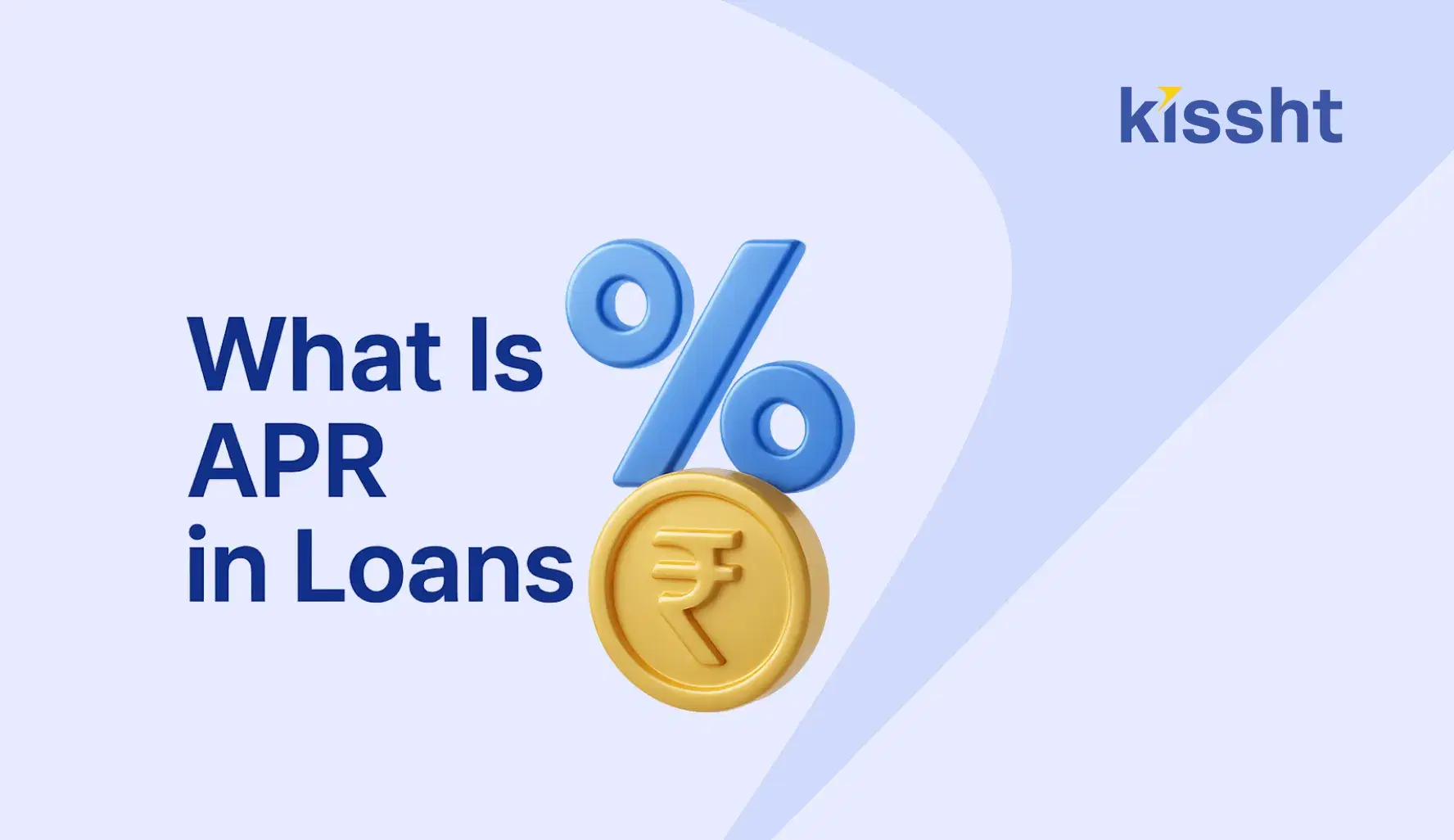
Oct 17, 2025
What Is APR in Loans and Why It Matters for Your Finances
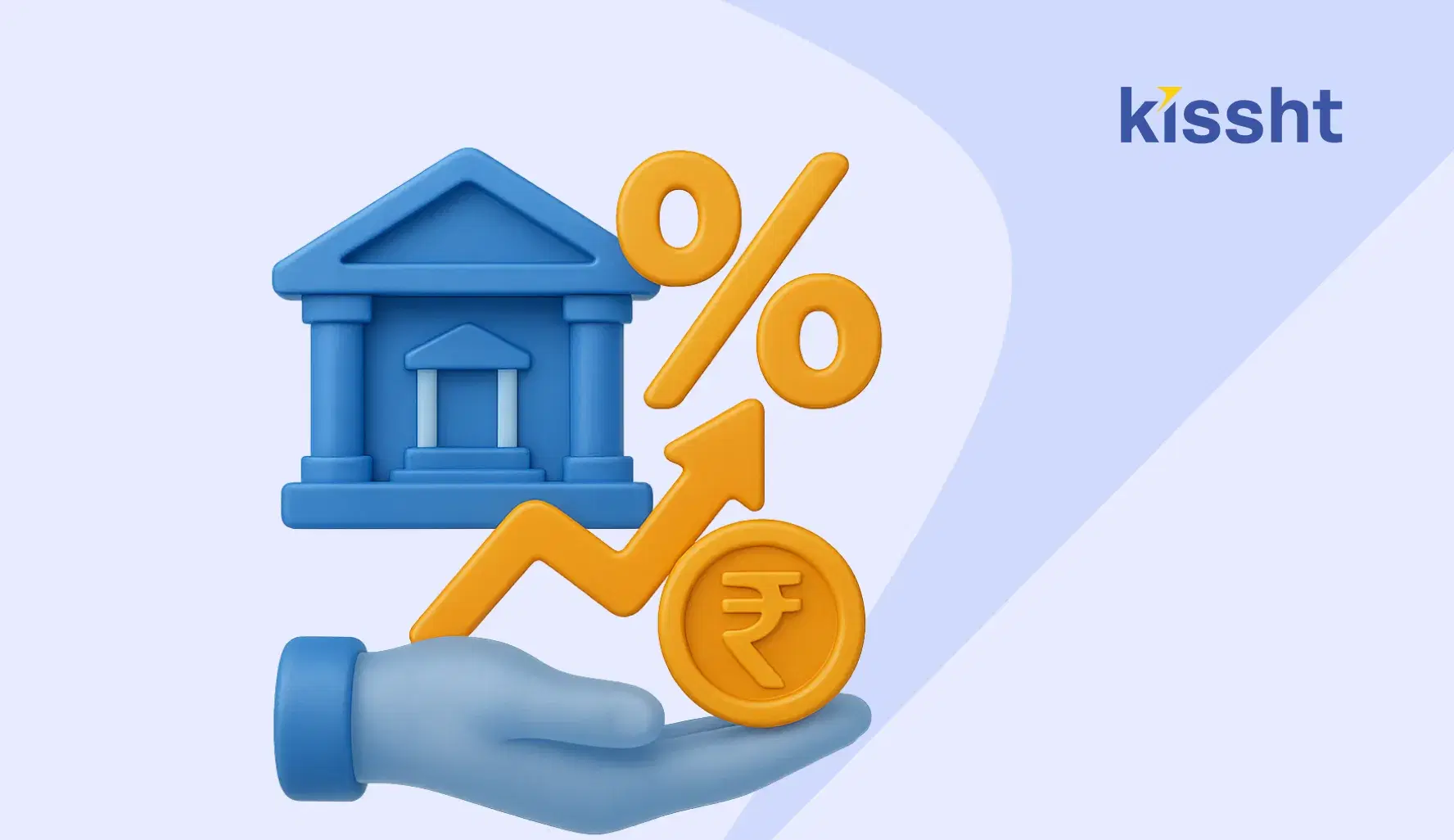
Oct 18, 2025
What is Repo Rate? Meaning, Types, and Basics Explained
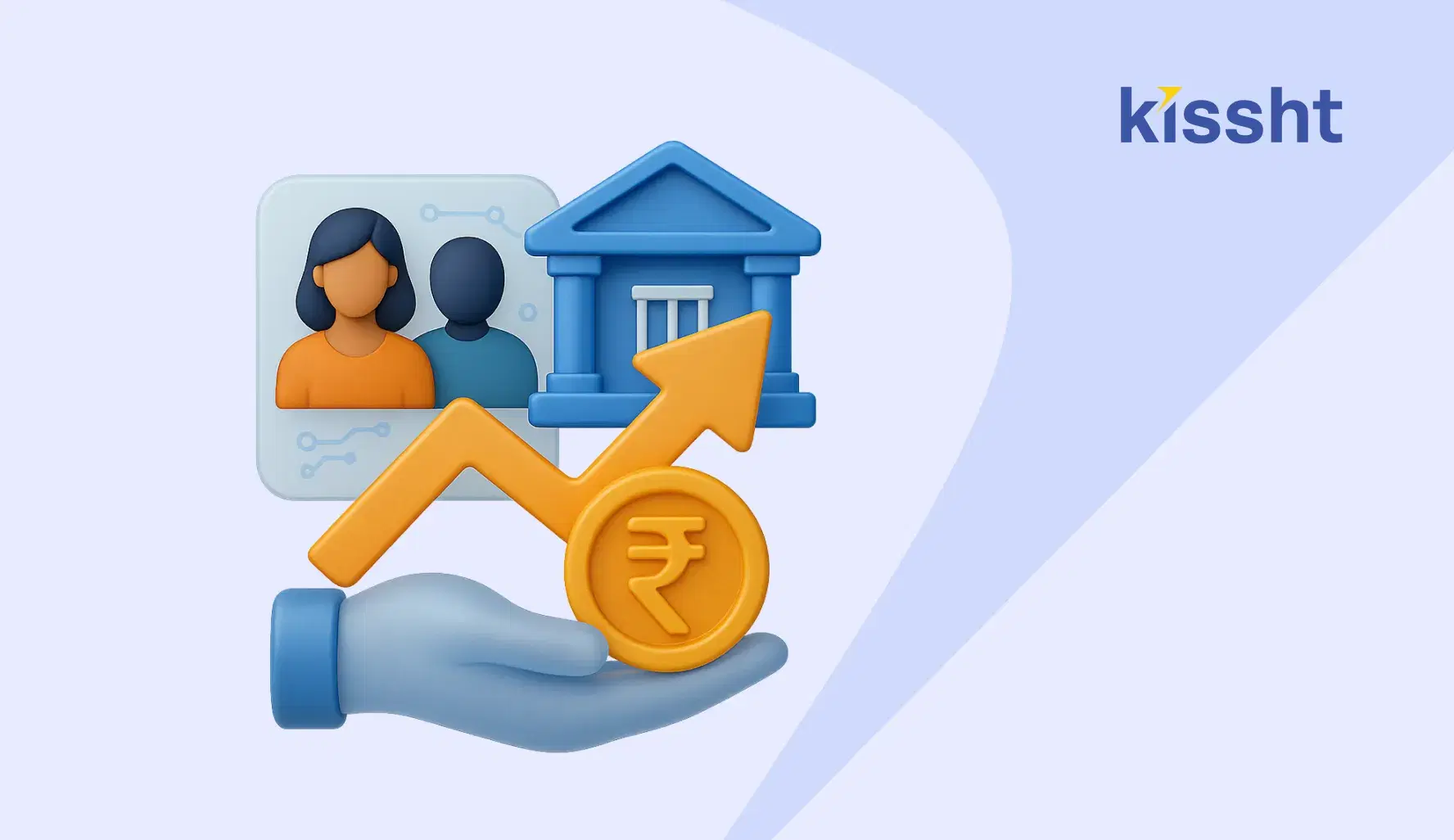
Oct 19, 2025
Stand-Up India Scheme Explained: Eligibility, Benefits & Application Process
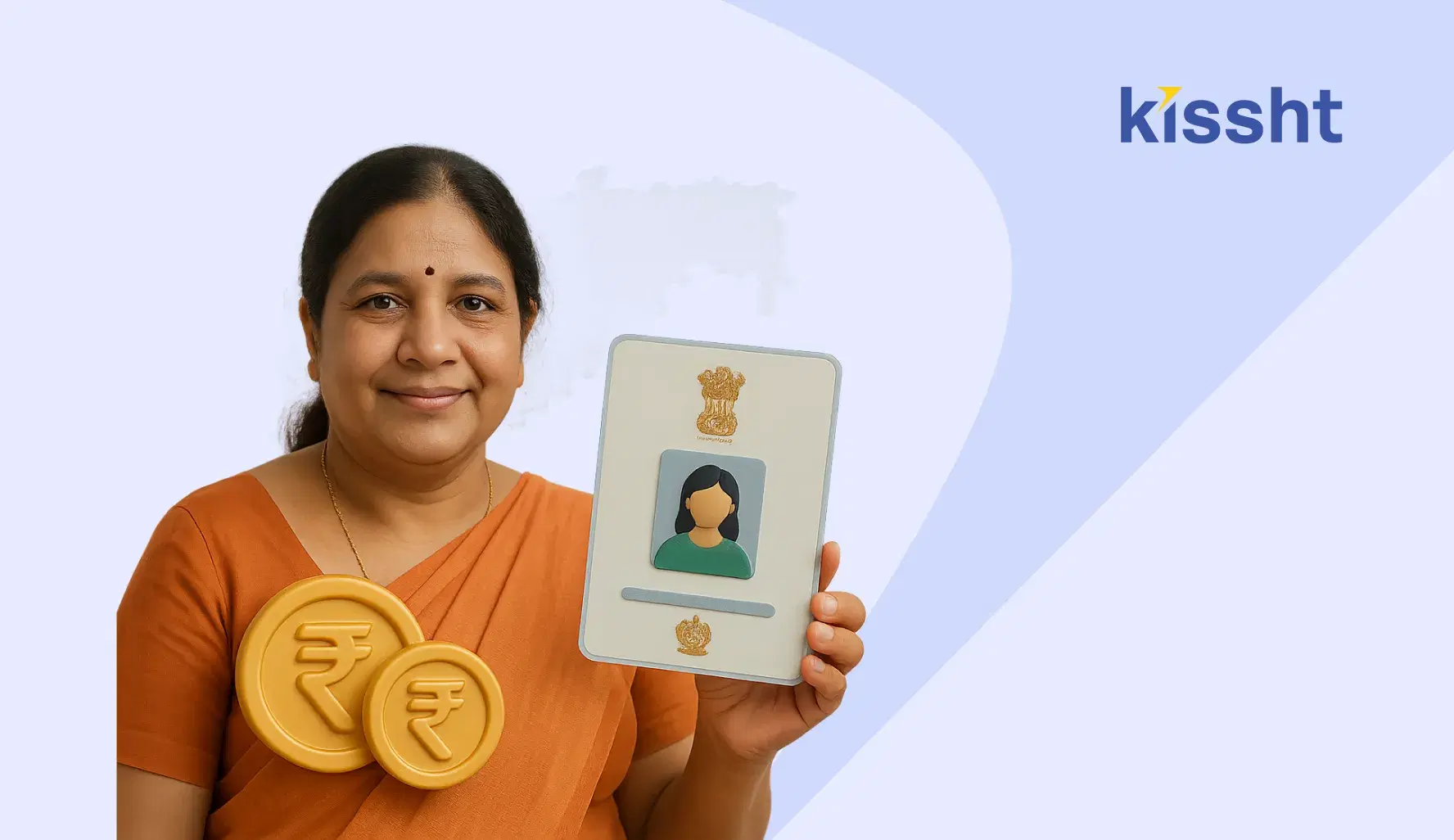
Oct 17, 2025
Ladki Bahin Yojana Maharashtra: Benefits, Eligibility, Documents Required & How to Apply Online
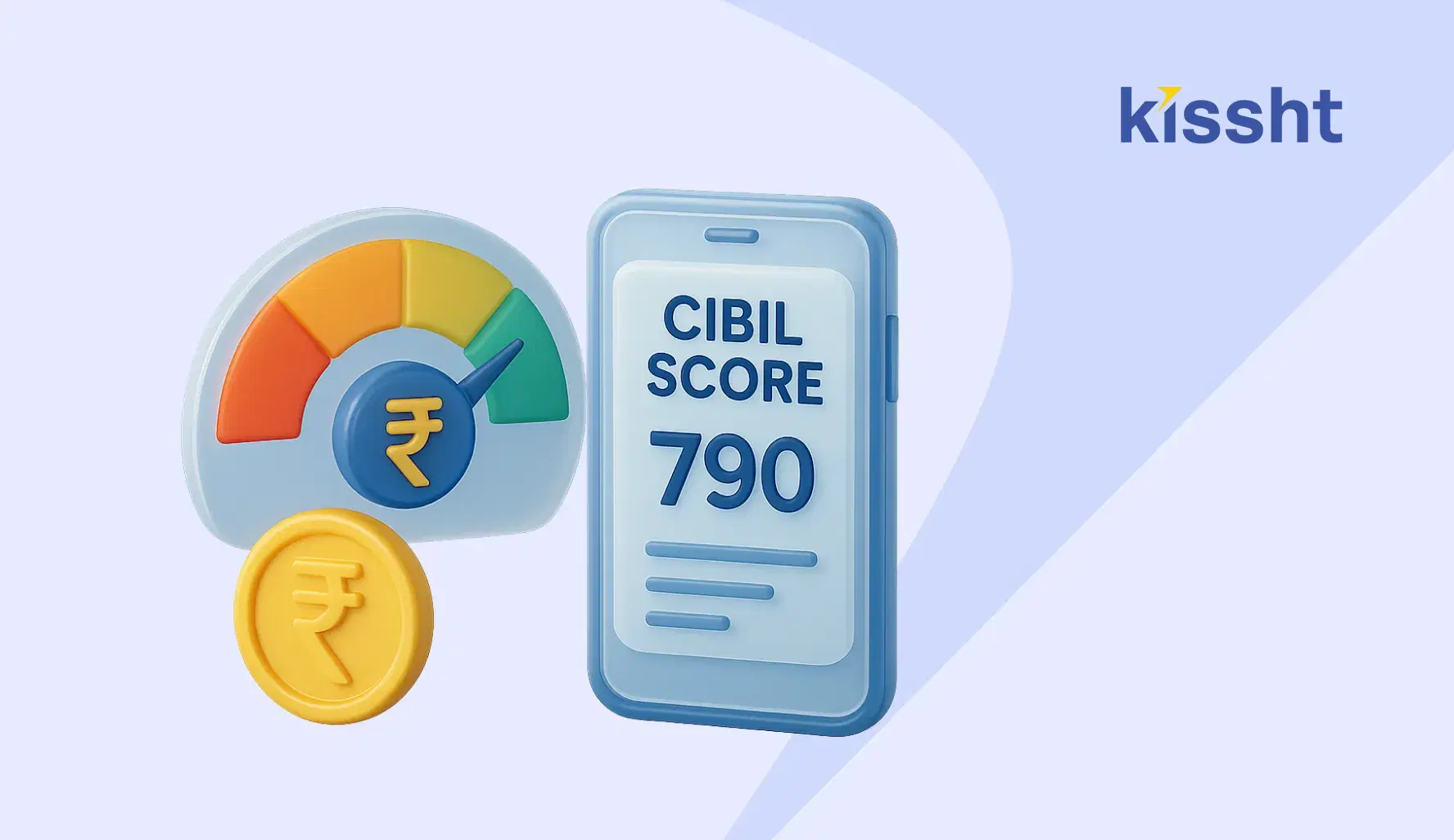
Oct 17, 2025
Check Your CIBIL Score Online with PAN Number: Everything You Should Know
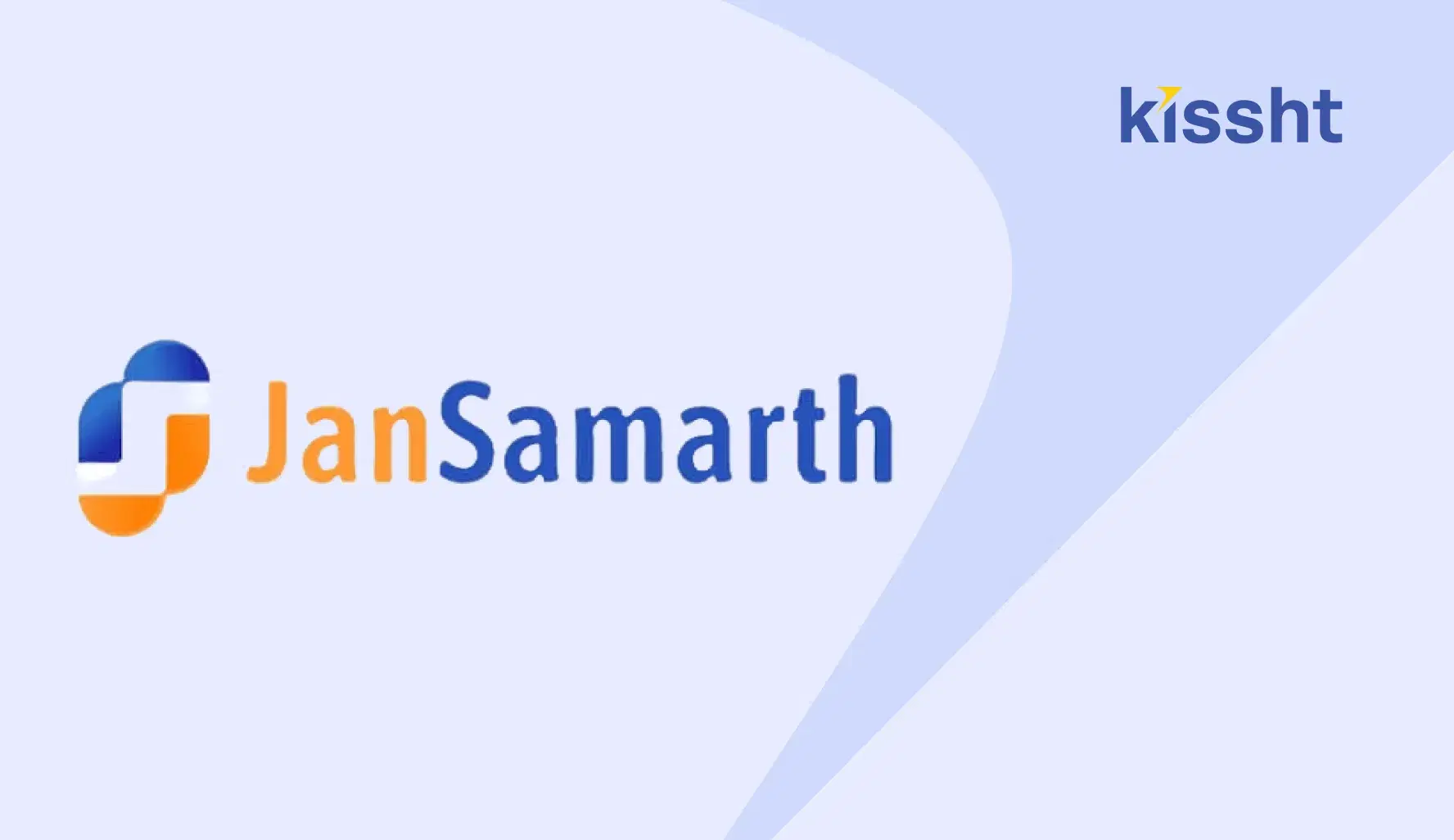
Oct 16, 2025
JanSamarth Portal: Complete Guide to Loan Schemes, Eligibility & Registration

Oct 03, 2025
Why Buying Gold on Dhanteras Is Considered Auspicious in India
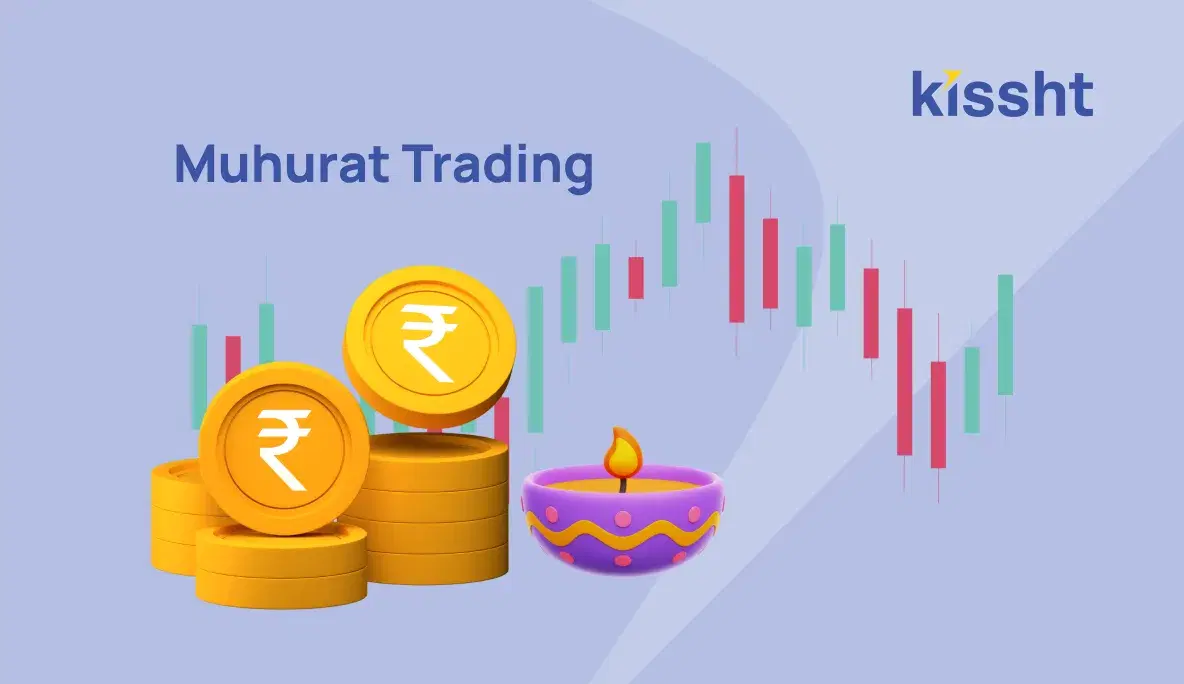
Oct 01, 2025
Diwali Muhurat Trading 2025: Date, Time & Key Market Insights

Sept 11, 2025

